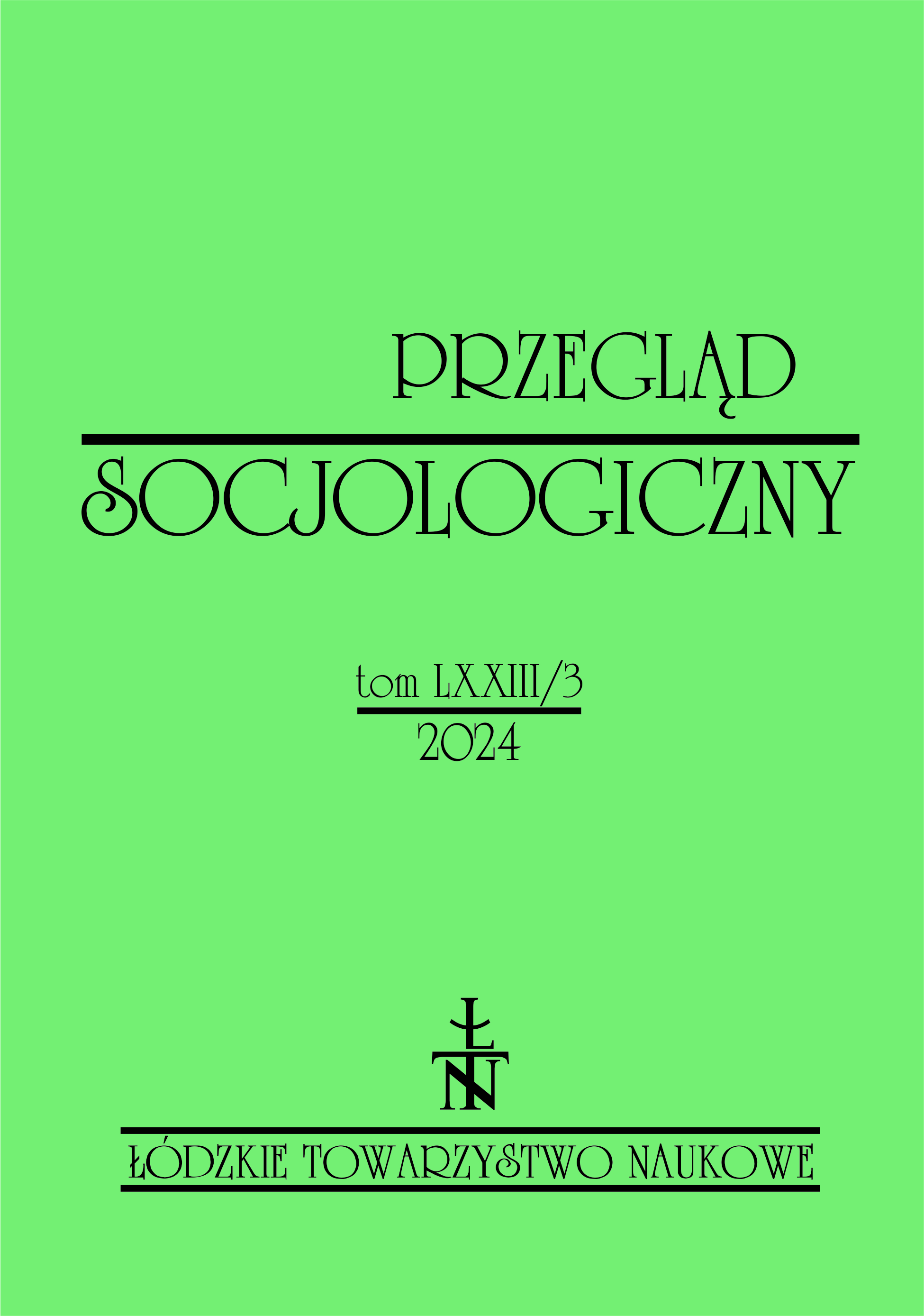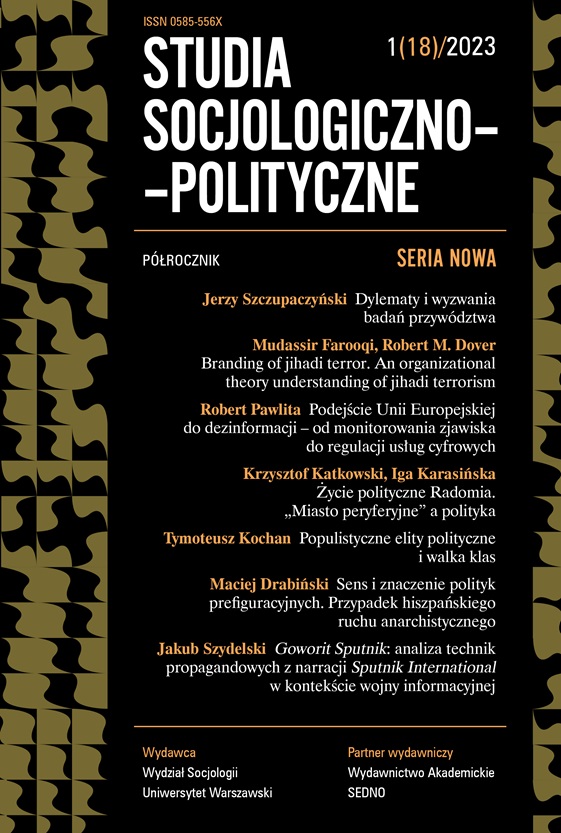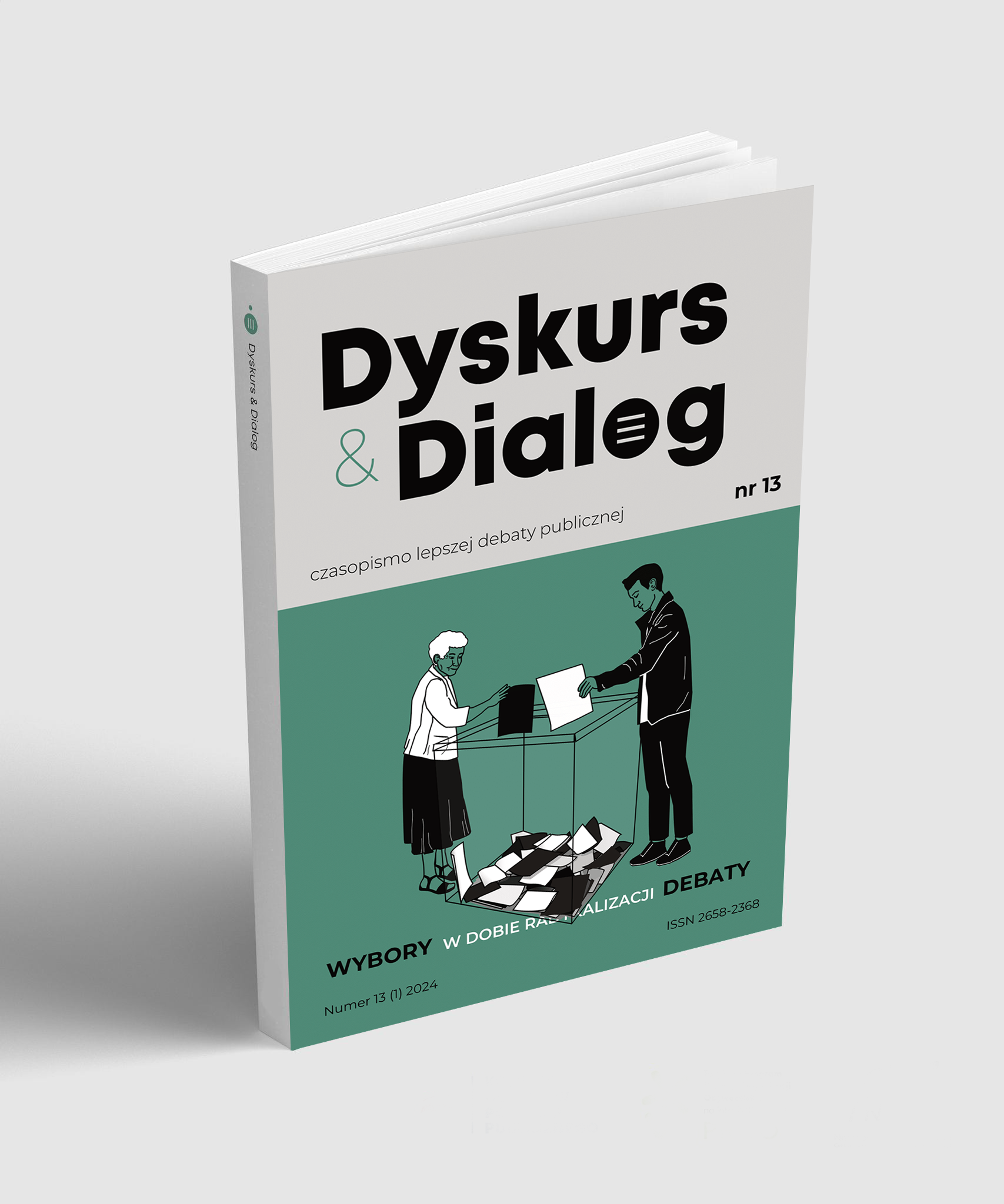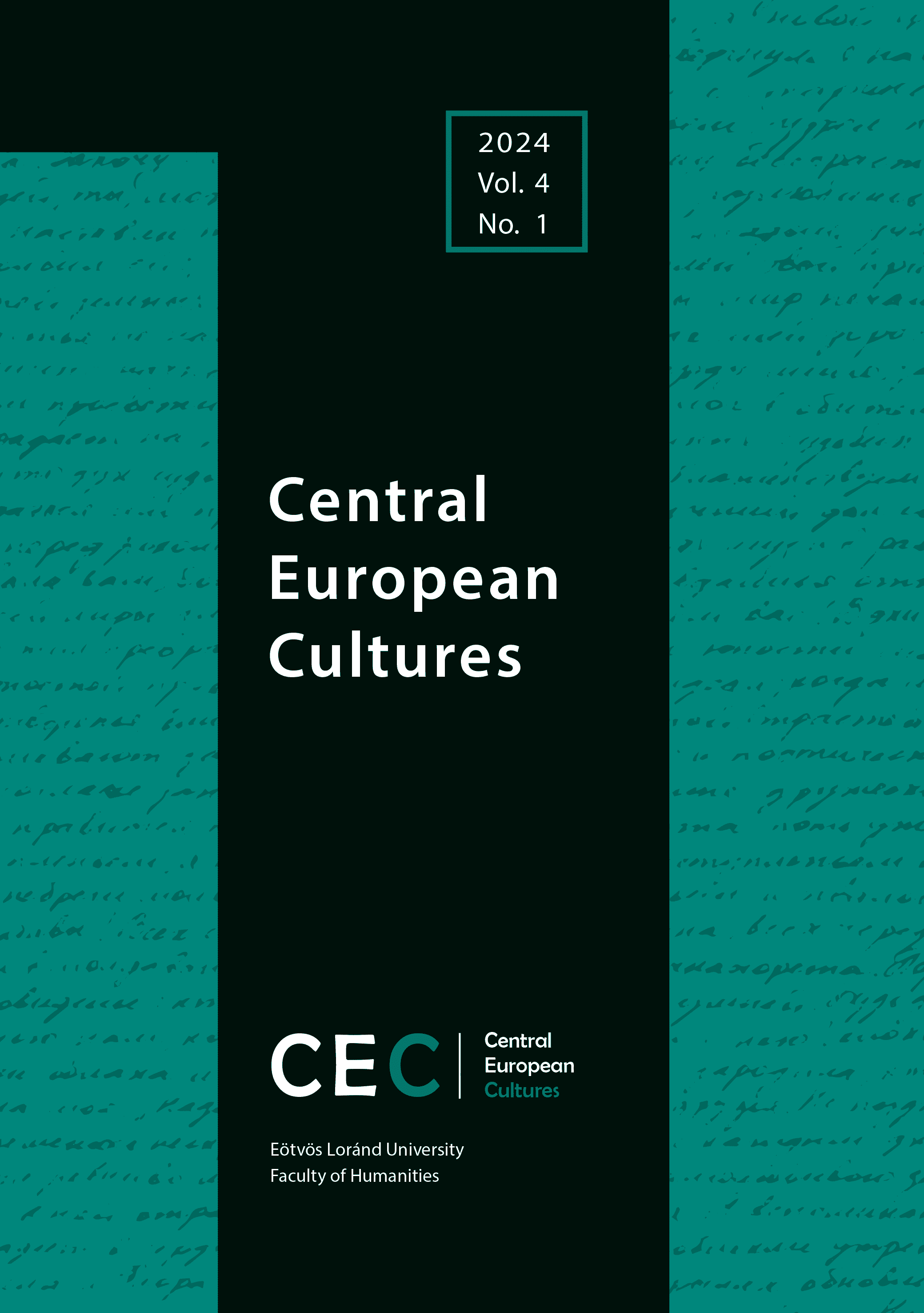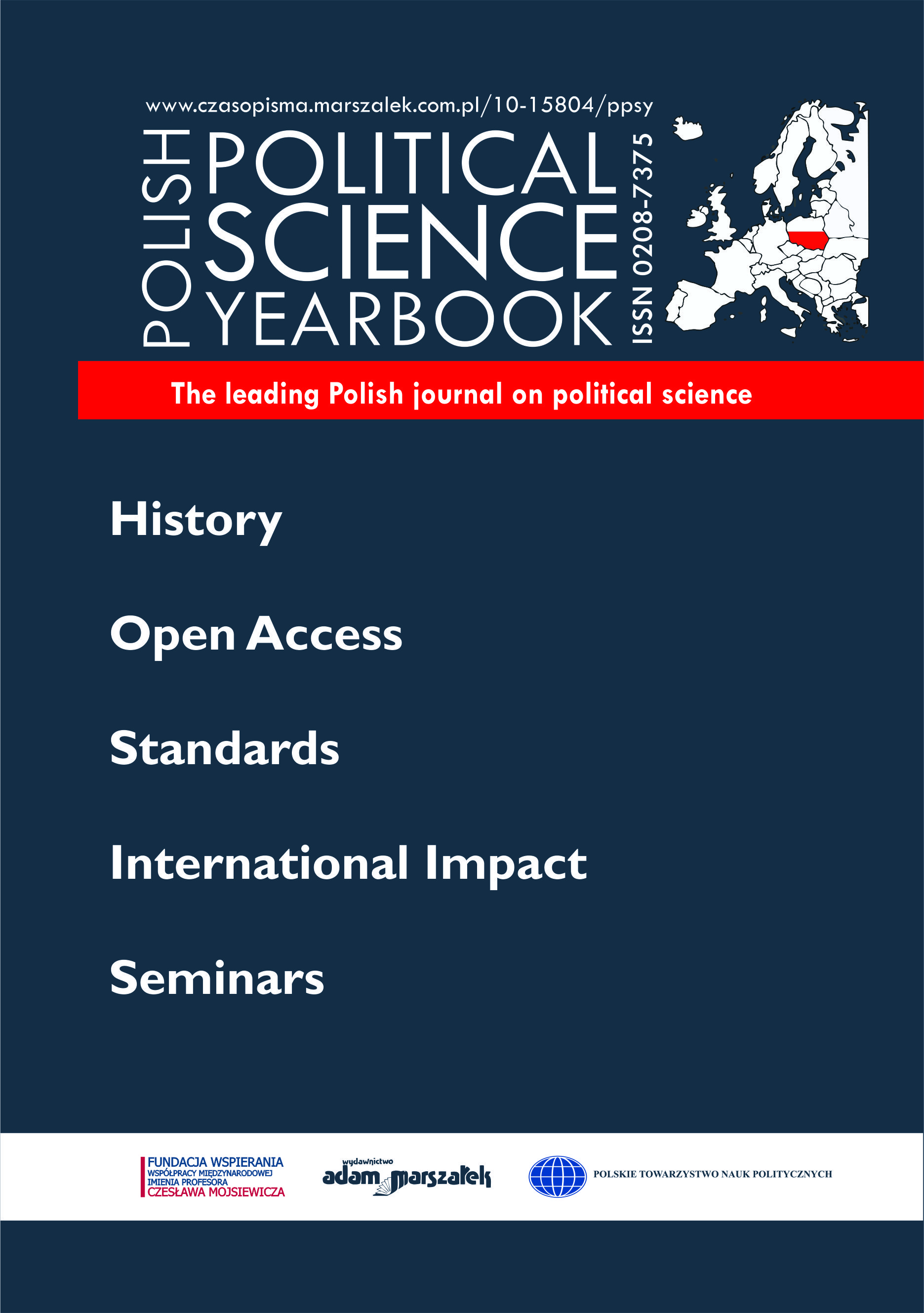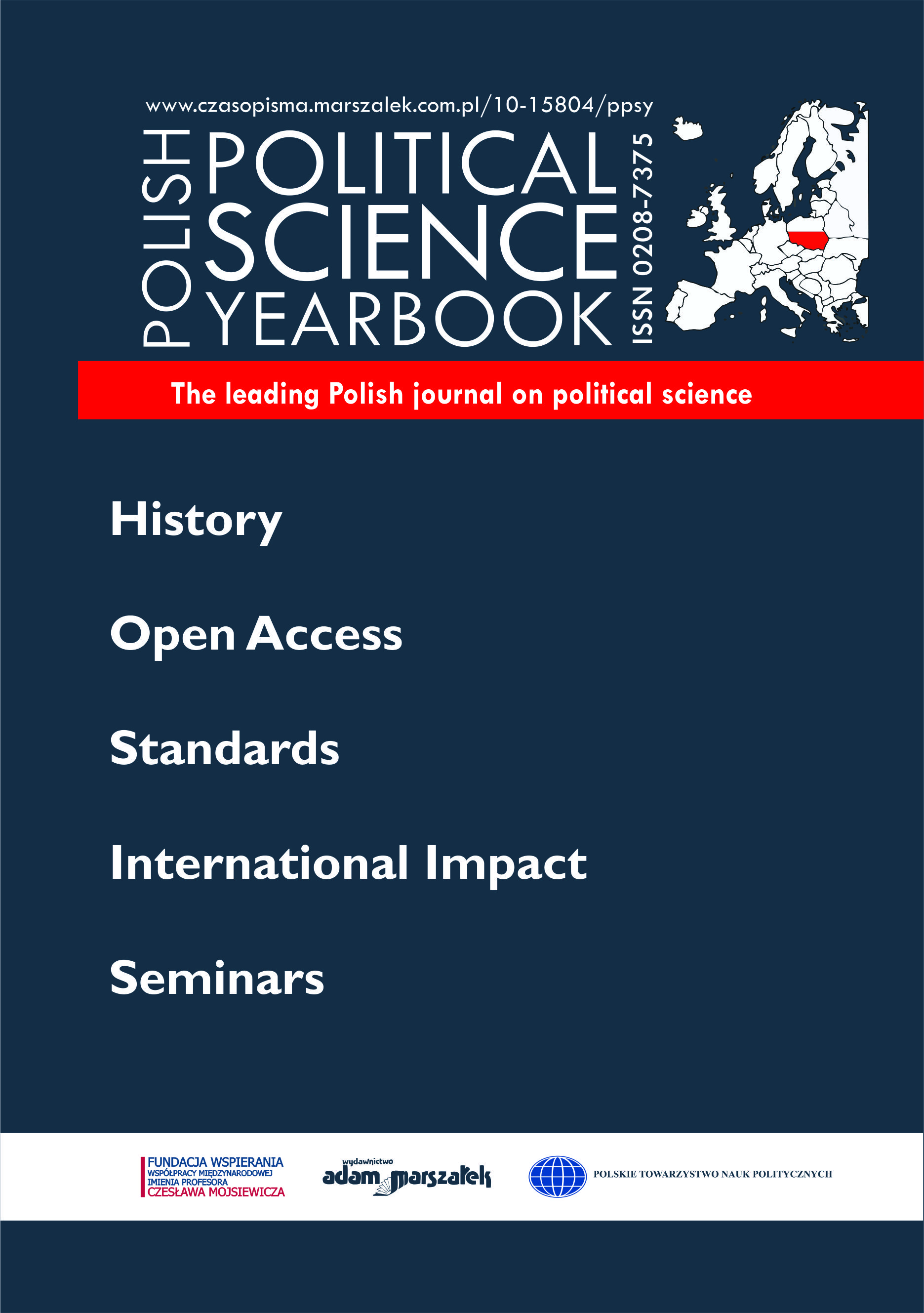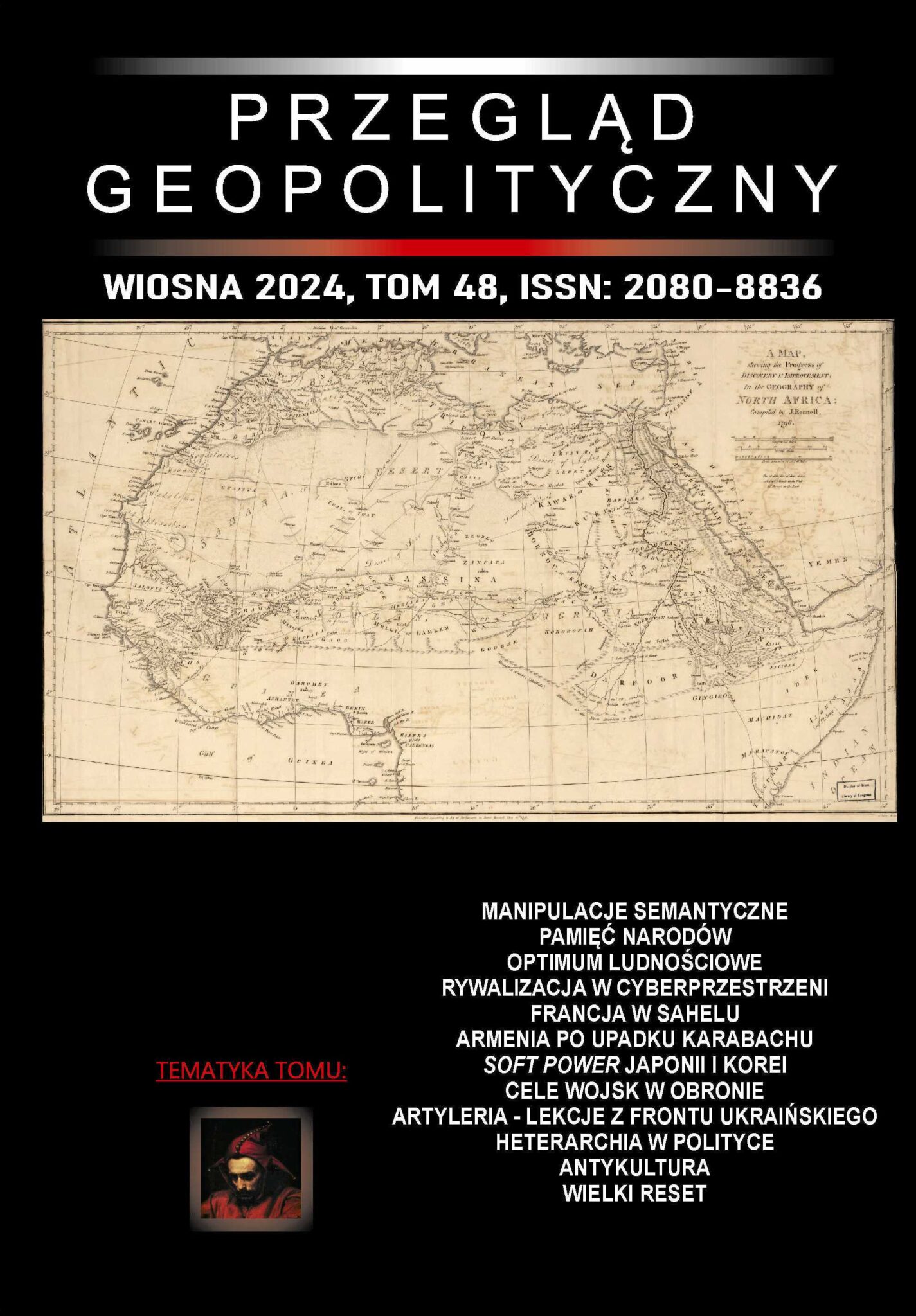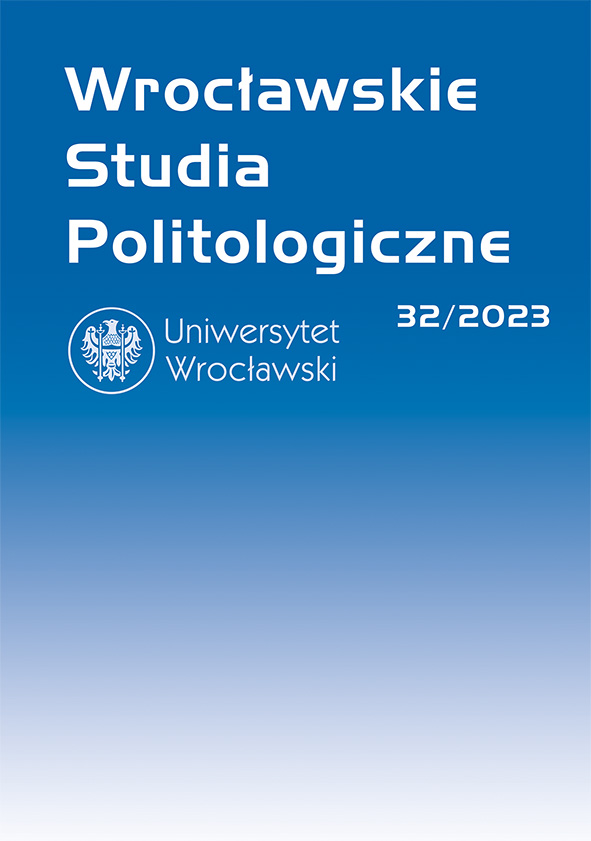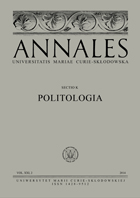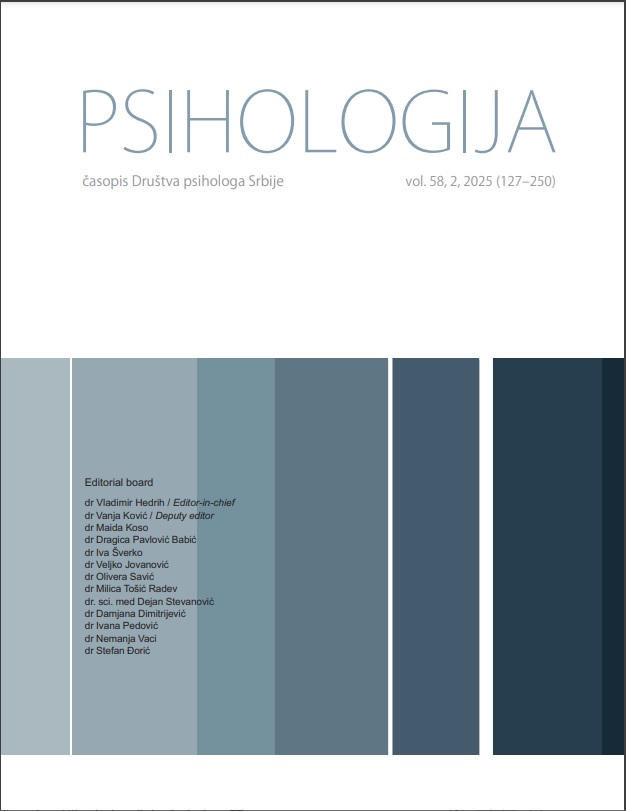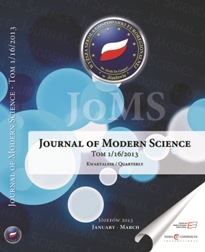
Bezpieczeństwo imprez masowych.
Security is one of the most important needs of man since the immemorial times. At the moment, one of the areas of security is the security of mass events which regularly take place in many countries of the world. Poland is no exception in this area, in which each year these events come, they are sports, concerts, organized demonstrations, etc. As shown by the Polish experience of previous years and the experience of other countries in this regard, mass events are characterized by a multitude of people among the participants involve a number of risks, both for the participants and for those responsible for their safety. An important role is played by the organizers of these events, as well as state authorities responsible for the supervision and control resulting from the provisions of the law.
More...
